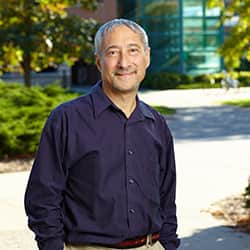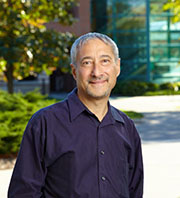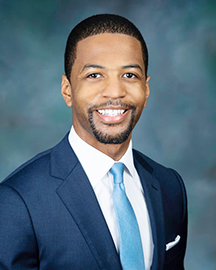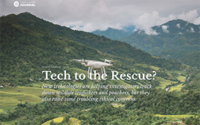 From electronic “noses” that can detect the scent of native Australian lizards to the DNA of individual trees to acoustic devices that capture the sound of gunshots, new technologies are helping investigators track down and prosecute wildlife traffickers and poachers.
From electronic “noses” that can detect the scent of native Australian lizards to the DNA of individual trees to acoustic devices that capture the sound of gunshots, new technologies are helping investigators track down and prosecute wildlife traffickers and poachers.

Eric Freedman
But they also raise some troubling ethical questions.
In a new article in the environmental magazine Earth Island Journal, Knight Center director Eric Freedman explores the role of scientific advances in fighting global wildlife crimes, the theft of endangered plants and illegal fishing.
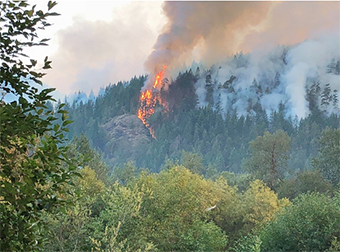
In 2018, a band of poachers who had been illegally loggng in the national forest poured gasoline on a wasp nest near the base of a prime maple, set it afire, and fled when they were unable to put the flames out. The fire grew into a massive blaze that ravaged more than 3,300 acres of public land. Photo by US Forest Service-Pacific Northwest.

